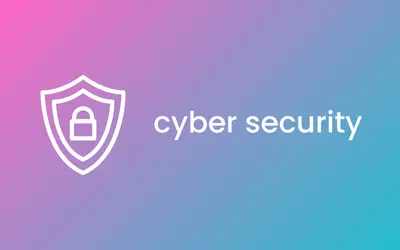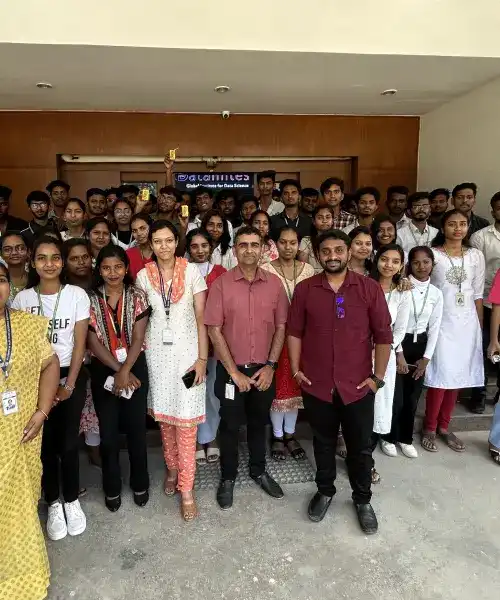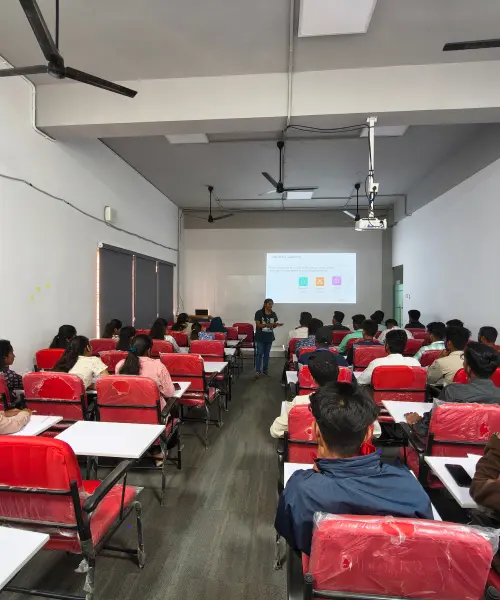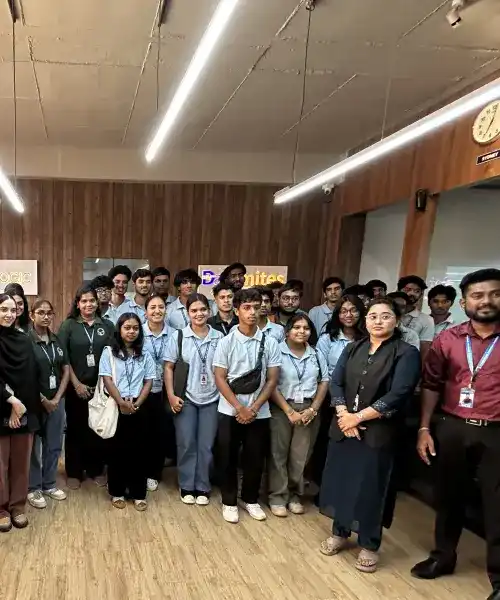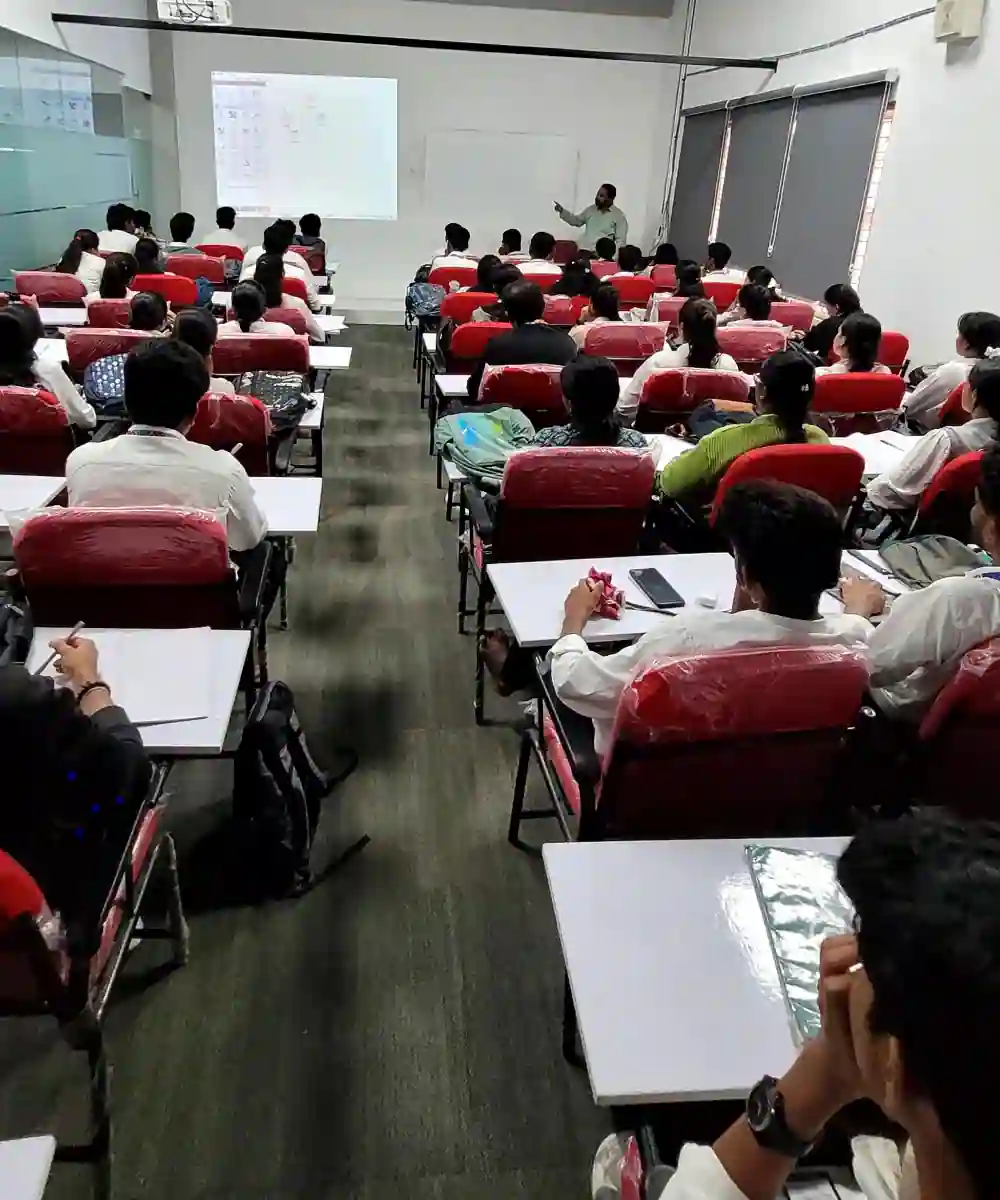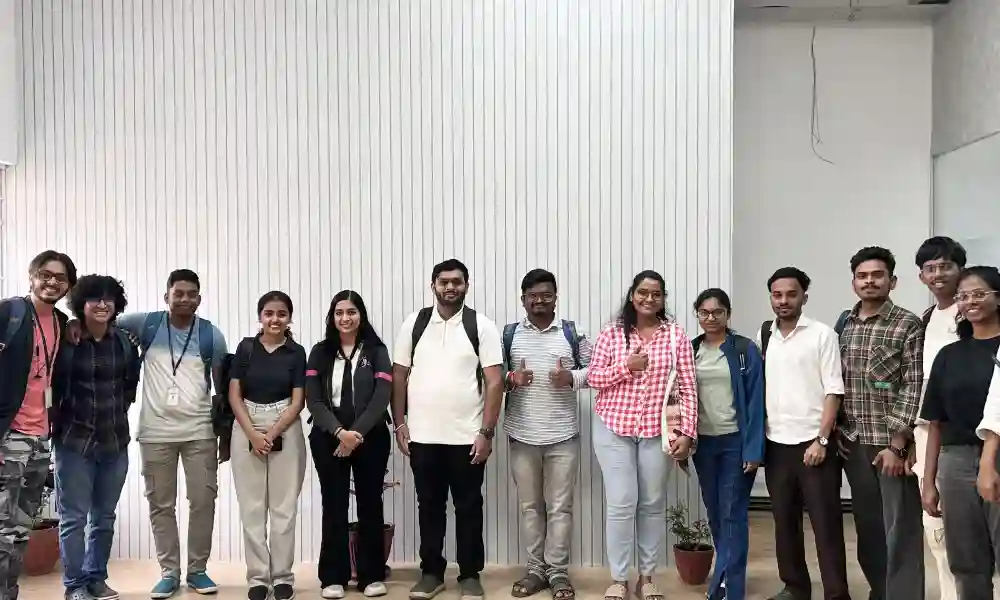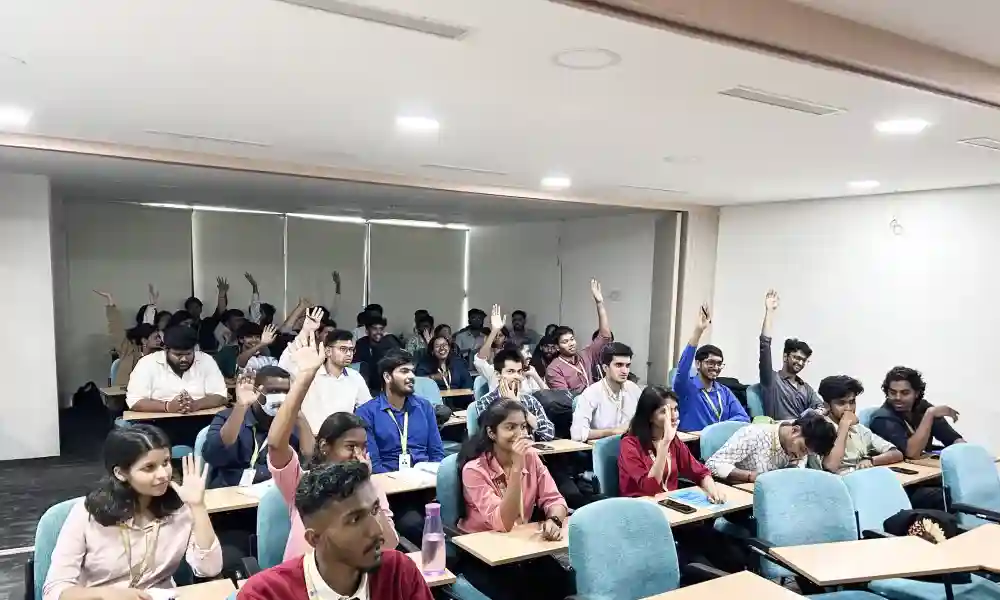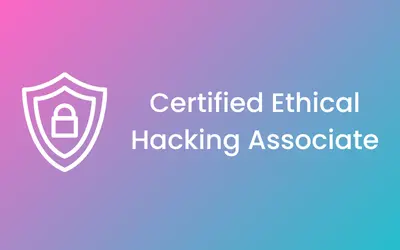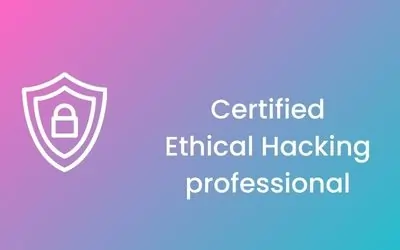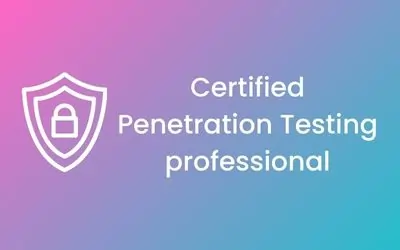CYBER SECURITY TRAINING IN WARANGAL
-

-
(12573 Reviews)
-
Career Opportunities: Discover incredible job opportunities in Warangal’s cyber security field. Prepare yourself for roles like security analyst or ethical hacker.
-
Key Skills for Success: Master essential skills such as network security, ethical hacking, and incident response to excel in the cyber security domain. Equip yourself to safeguard businesses from cyber threats.
-
Practical Experience: Acquire valuable hands-on experience through internships with top companies in Warangal. Enhance your skills and confidence for a promising career in cyber security.
